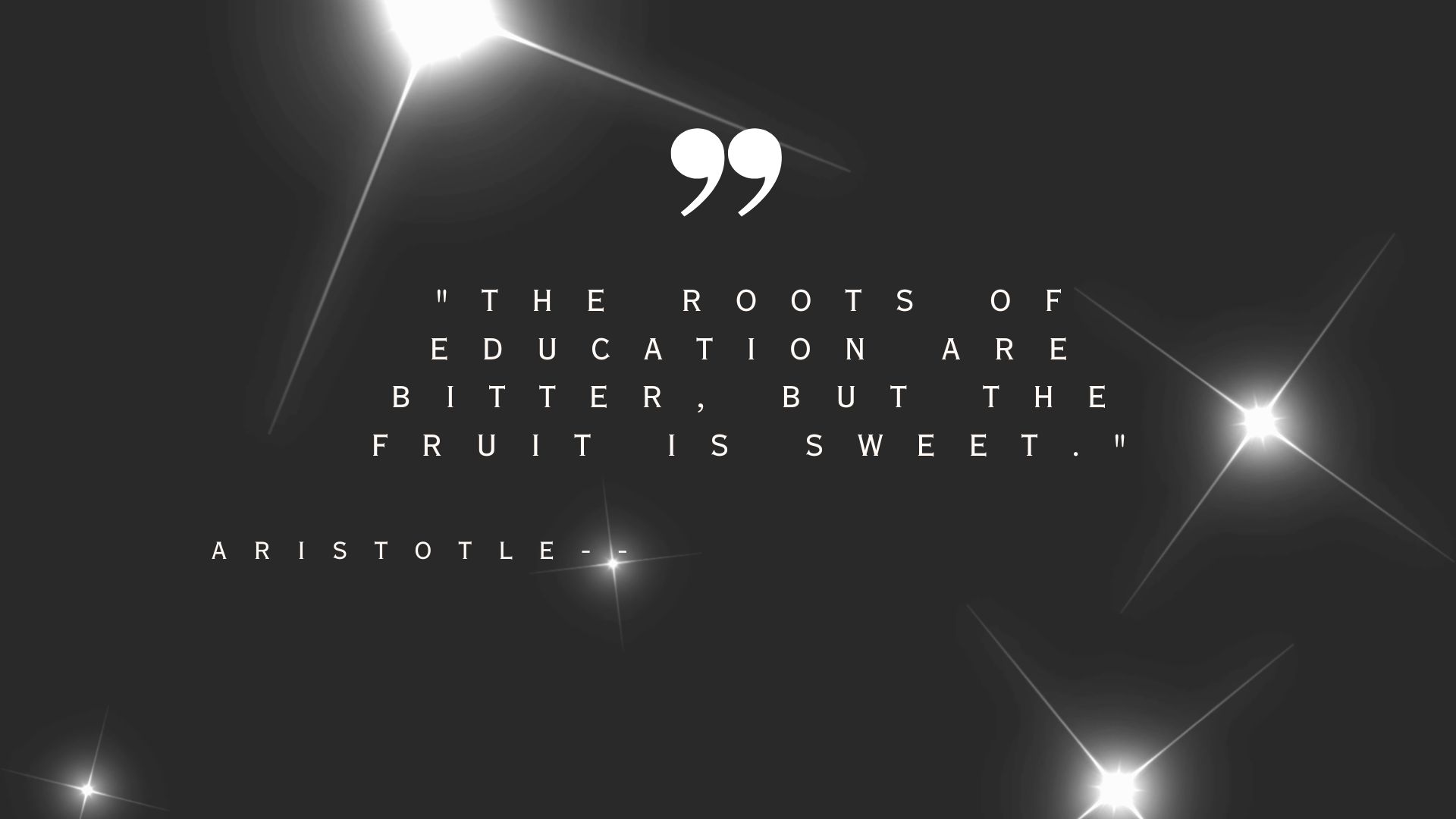“Wishing to be friends is quick work, but friendship is a slow-ripening fruit.”
–Aristotle
Aristotle, the renowned ancient Greek philosopher, is widely known for his profound thoughts on various aspects of life. One of his timeless observations pertains to friendship, which he aptly encapsulated in the quote: “Wishing to be friends is quick work, but friendship is a slow-ripening fruit.” This quote emphasizes the idea that true and meaningful friendships require time, effort, and genuine connection to develop fully. In this explanation, we delve into the key insights of Aristotle’s quote, exploring the gradual nature of authentic friendships and the significance of patience in building lasting bonds.
- Superficial Wishes vs. Genuine Bonds The first part of the quote, “Wishing to be friends is quick work,” points to the ease with which people may express a desire to be friends. Often, superficial connections and casual acquaintanceships lead individuals to proclaim friendship without fully understanding the commitment it entails. In today’s fast-paced world, digital interactions and social media may amplify this tendency, as people make quick judgments based on limited information. However, Aristotle urges us to recognize the distinction between these fleeting wishes and the depth of true friendship.
- Time and Effort The second part of the quote, “friendship is a slow-ripening fruit,” underscores the gradual nature of genuine friendships. Just like a fruit that takes time to ripen, meaningful relationships need nurturing, time, and effort to mature and flourish. The process of building trust, understanding, and mutual respect cannot be rushed. It involves shared experiences, emotional investment, and consistent support. Aristotle reminds us that true friendship requires patience and dedication to cultivate strong connections.
- Shared Experiences and Trust True friendship thrives on shared experiences and moments of vulnerability. It is in these instances that trust is built, and the bond between individuals deepens. Through laughter, tears, triumphs, and challenges, friends forge an unbreakable connection based on empathy and understanding. Aristotle’s analogy of a “slow-ripening fruit” emphasizes that this trust and closeness cannot be forced or manufactured artificially but rather grows organically over time.
- Embracing the Journey Aristotle’s quote encourages us to embrace the journey of building meaningful friendships. It reminds us that patience is an essential virtue when it comes to developing genuine bonds with others. Rushing the process or expecting immediate results can lead to disappointment and shallow relationships. Instead, by understanding that friendship is a slow, evolving process, we can better appreciate the value of each stage of the journey.
Conclusion: Aristotle’s timeless wisdom reminds us that while expressing a wish for friendship may be easy, the true essence of friendship is found in the patient, gradual development of deep and meaningful bonds. By investing time, effort, and genuine care into our relationships, we can cultivate lasting friendships that enrich our lives and provide us with a sense of belonging and support. Patience and understanding are key to reaping the rewards of authentic friendships, just as a fruit becomes sweeter and more enjoyable with time.




